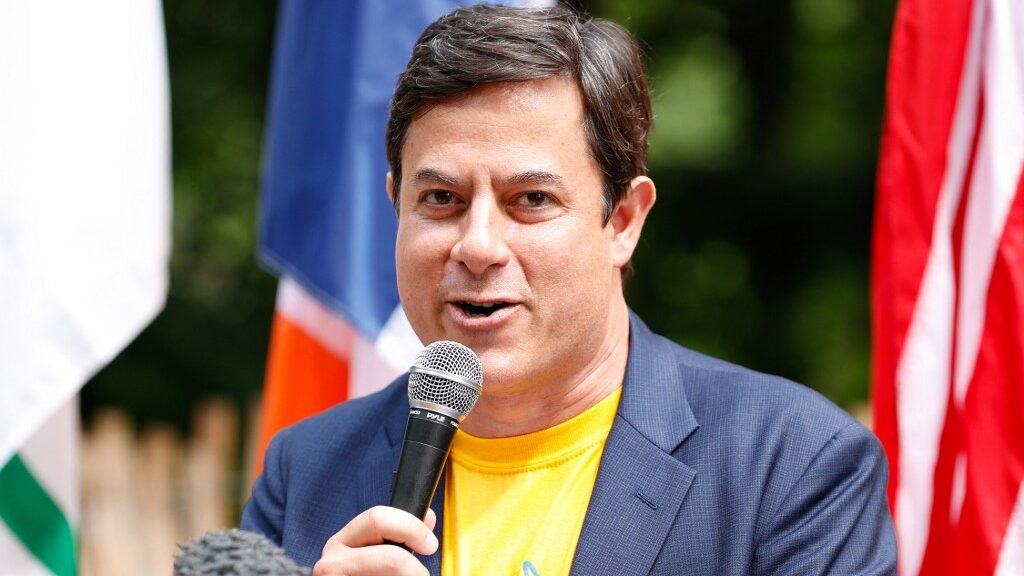
Mobile sports betting just began in Maine two months ago. However, due to proposed changes in the law, it could be interrupted on its anniversary date in November unless appropriate measures are taken.
Let’s explore the primary hurdles leading to a potential halt and assess their implications for the online sportsbooks industry.
Red Tape
The issue confounding Maine’s sports betting market is that those online sportsbooks operating in the Pine Tree State, namely Caesars, and DraftKings, have temporary licenses that expire one year from issuance. And that term of expiration occurs in November. This means failure to make adjustments could paralyze the nascent industry.
The current sports betting bill calls for permanent licenses to be four years. However, the necessary background checks are still underway due to a snag on the federal side. This preclusion has prevented issuing permanent licenses.
Therefore, temporary licenses with a one-year term are currently the only game in town. This means the clock is ticking for a resolution to keep the sports betting market moving through November and unfettered by legal red tape.
“If the investigations aren’t done and we can’t issue a permanent license, we’d have to shut down operations, and we certainly don’t want to do that,” said Maine Gaming Control Unit Executive Director Milt Champion.
What’s the Solution?
A public hearing on bill LD 2117 was held last week by the Maine Veterans and Legal Affairs Committee which would have a dual purpose. First and foremost, the bill would extend the temporary licenses beyond November. Secondly, it would reduce the term for permanent licenses from four years to one.
It is not as though the MGCU’s Executive Director didn’t anticipate some bumps in the road. Shortly before launching sports betting, he stated, “The day after we go live, I’m going to Disneyland. There comes a time when you just need to roll it out, let the wrinkles come, and then iron it out. We didn’t reinvent the wheel or come up with anything new.”
The sportsbooks’ term decrease to one year would keep them in line with the other 33 sports betting-related licensees in the state that the Maine Gaming Control Unit governs.
“Tracking this information over four years is much harder to accomplish rather than on a regular basis,” Champion said. “Turning it over every year versus holding onto it for four years of information before renewing will help. We don’t want unintentional mistakes or oversights because of the length of time.”
The renewal application is rather brief and only asks core questions of those seeking to renew their licenses such as:
- Changes to key executives.
- Changes to the ownership structure.
- Any adverse actions against the company.
- Any pending charges against the company.
Dan Walker, an attorney representing Churchill Downs’s Oxford Casino, said, “If you have two programs with different cadences, it can be problematic.”
This extension of the temporary licenses, in conjunction with the reduction of four years to one for permanent licenses, is only one piece of gaming topics in discussion. Also on the docket is the possibility of bringing iGaming to the Pine Tree State and legalizing historical horse racing (HHR) and Beano.













